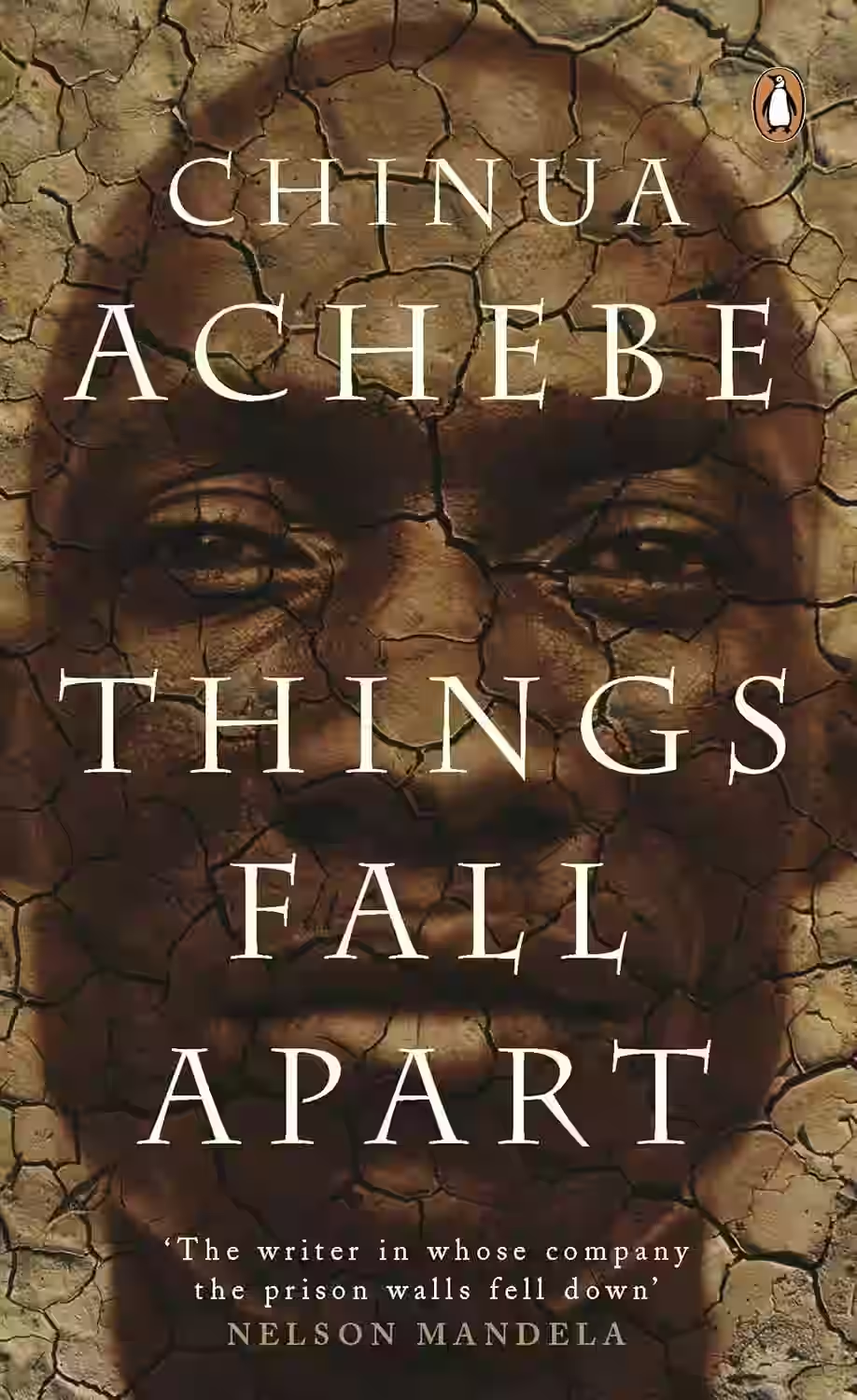
Erich Maria Remarque's 'All Quiet on the Western Front' is a poignant and harrowing anti-war novel that sheds light on the devastating impact of World War I on soldiers. The story follows young German soldier Paul Baumer as he navigates the brutalities and senseless violence of war, challenging the romanticized notions of heroism and patriotism. Through vivid prose and stark imagery, Remarque captures the physical and psychological toll of battle, highlighting themes of camaraderie, trauma, and disillusionment. The novel's stark realism and timeless message continue to resonate with readers, offering a sobering reflection on the futility of war.
About Erich Maria Remarque
Erich Maria Remarque, born in 1898 in Germany, is renowned for his poignant war novel 'All Quiet on the Western Front' (1929), a seminal work that vividly captured the horrors of World War I. Serving in the conflict himself, Remarque's experiences deeply informed his writing, imbuing it with authenticity and emotional depth. Despite facing controversy for its anti-war sentiments, the novel received widespread acclaim and solidified Remarque's reputation as a master storyteller. His writing skillfully delves into the human psyche, exploring themes of loss, disillusionment, and the futility of war. Through his evocative prose, Remarque left an indelible mark on literature, offering timeless insights into the human condition.
Similar Books

Uncle Tom’s Cabin
A landmark anti-slavery novel, Uncle Tom’s Cabin tells the story of enslaved man Tom and the brutal realities of slavery in 19th-century America. With vivid characters and emotional power, it galvanized abolitionist movements and shaped public opinion like no other book of its time. Though controversial for its portrayals today, it remains a pivotal work in American literature and history, sparking empathy and national debate.

Anna Karenina
by Leo Tolstoy
Acclaimed by many as the world's greatest novel, Anna Karenina provides a vast panorama of contemporary life in Russia and of humanity in general. In it Tolstoy uses his intense imaginative insight to create some of the most memorable characters in all of literature. Anna is a sophisticated woman who abandons her empty existence as the wife of Karenin and turns to Count Vronsky to fulfil her passionate nature - with tragic consequences. Levin is a reflection of Tolstoy himself, often expressing the author's own views and convictions.

The Story of a Marriage
Set against the backdrop of 1950s San Francisco, 'The Story of a Marriage' by Andrew Sean Greer intricately weaves a narrative exploring the complexities of love, trust, and the pursuit of happiness. The novel is centered around Pearlie Cook, a quiet and dutiful wife managing a fragile domestic life. As secrets unravel, Pearlie is faced with choices that challenge her understanding of fidelity and truth in her marriage. Greer masterfully crafts a poignant exploration of personal and societal expectations, as well as the sacrifices made for love. The story's emotional depth, combined with Greer's evocative prose, makes it a compelling read that resonates with timeless themes of human connection and resilience.

Things Fall Apart
Okonowo is the greatest warrior alive. His fame has spread like a bushfire in West Africa and he is one of the most powerful men of his clan. But he also has a fiery temper. Determined not to be like his father, he refuses to show weakness to anyone - even if the only way he can master his feelings is with his fists. When outsiders threaten the traditions of his clan, Okonowo takes violent action. Will the great man's dangerous pride eventually destroy him?